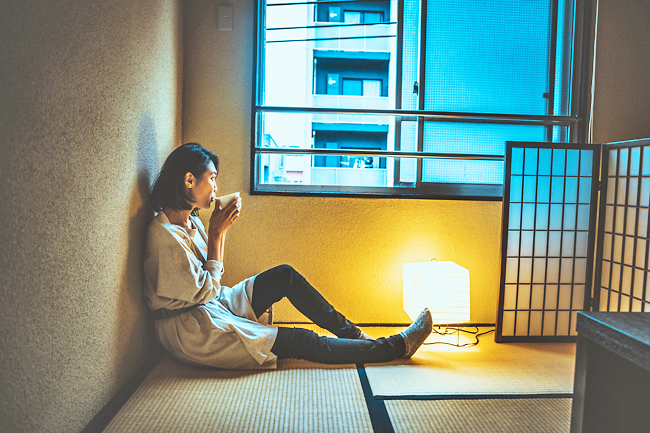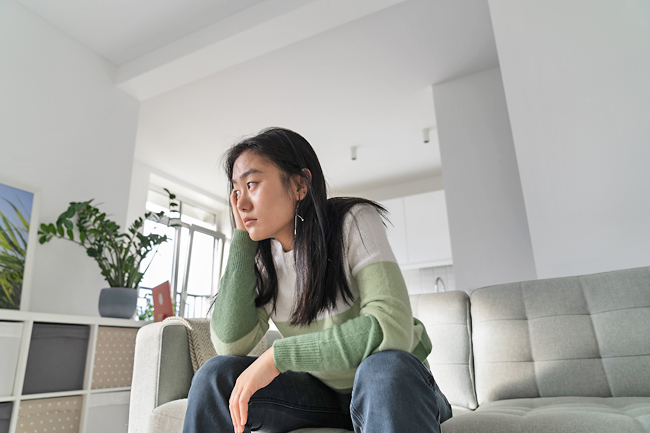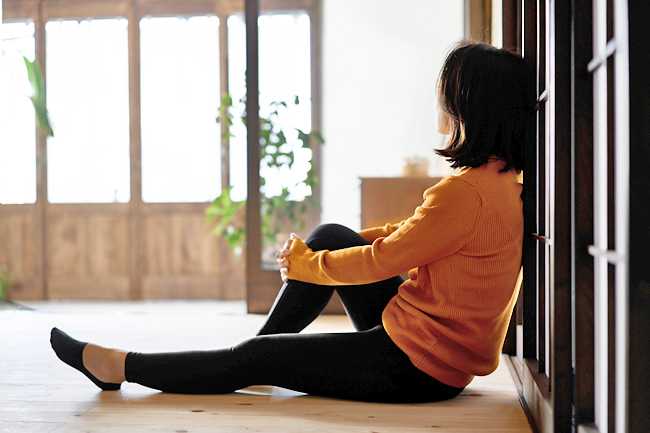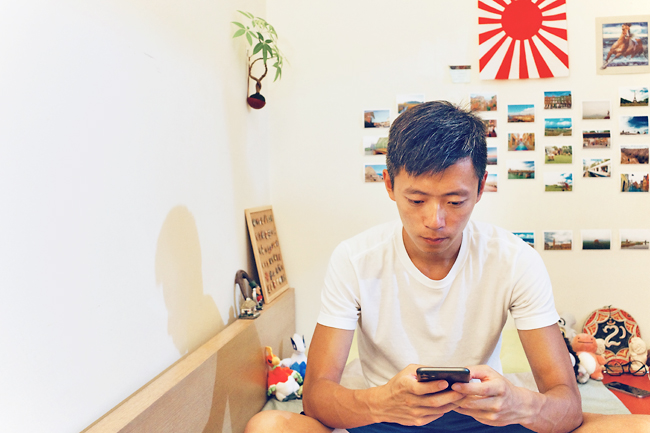ANN/THE STAR – My cousin is gradually withdrawing from society, I feel. When I or anyone else invite her to a party, she makes all sorts of excuses not to come.
She seems to go to places alone. When anyone in the family invites her out to dinner, she claims she has “a hairdressing appointment”.
Is there such a thing as social withdrawal?
Yes, there is indeed such a thing.
Social withdrawal happens when someone intentionally avoids opportunities to be with other people.
There is a type of extreme social withdrawal described in Japan called hikikomori.
It also happens in other parts of the world, but it is especially common in Japan.
When you have hikikomori, you withdraw from others for long periods of time.
You isolate yourself from your relatives and friends.
This may last for years, and even decades.
You don’t go to school or work.
“Hiki” means “to withdraw”.
“Komori” means “to be inside”.
Q: You mean this is a real thing? Yes.
Hikikomori was a term coined by Japanese psychiatrist Dr Tamaki Saito.
He observed that many young people didn’t fit into any existing criteria for a mental health diagnosis, but they were still in an extreme state of withdrawal.
At least 1.2 per cent of the population of Japan is having hikikomori, so it is a very serious problem.
That is around one million people! It is being increasingly identified in other countries too.




Q: How do I know if I am having social withdrawal? I mean, I like a little “me” time now and then, and I am generally known as an introvert.
Introverts need some alone time to recharge their batteries.
And once they recharge, they can go out to the world again and interact with other people in work, school or social activities.
True social withdrawal is when you really, really withdraw.
It may start with you saying no when your mother invites you back to the family house for a dinner.
You say no because you don’t feel like socialising with your family members.
You think it takes too much effort and energy.
You would rather be alone, watching television or playing computer games.
At work, your colleagues ask you to go to lunch, but you say no again.
At school, you prefer to eat lunch alone, away from the school canteen.
You used to have good friends, but now, you don’t feel like being with them.
They text you, but you don’t feel like replying and so you don’t.
You just don’t seem to have the energy to do so.
You are not exactly happy with your state either.
You may become increasingly anxious and depressed.
Q: So if I start withdrawing socially, does it mean I have hikikomori? Not yet.
Hikikomori is an extreme state of social withdrawal.
The person has to be isolating his – or herself in their own home for at least six months.
They are cut off from meaningful social relationships. They avoid anything to do with interacting with someone. This may lead to extreme distress and functional impairment.
For example, the person may go for weeks without showering just to avoid other people in the house.
They don’t want to go to school or work.
They may be on the phone or computer, but they will not interact with anyone online.
Q: What causes this?
Both social withdrawal and its extreme form, hikikomori, can be caused by mental health conditions, such as anxiety, depression, personality disorders, schizophrenia and autism spectrum disorders.
But if a mental health diagnosis cannot be ascertained, the cause could be shame, sadness, low self-esteem, vulnerability, anger, fear of rejection, or previous relationship issues.
Children who go through this may have been bullied in school or experienced some sort of psychological trauma, like friends turning against them.
They then become scared of “people”.
It is easier then to withdraw into a world where they don’t have to see people at all.
Because we live in a computer age, where we can “thrive” mentally at home without seeing anyone, this enables the isolation more than in the past.
Q: Is social withdrawal bad? Yes.
We are not talking about just taking some “me” time, where you can pamper yourself, meditate and reconnect with the universe.
If a child socially withdraws, this can impact the development of their interpersonal skills, problem-solving skills and other cognitive functions. It can also cause stress, loneliness, and even suicidal thoughts. Social isolation is also a risk factor for dementia.
Social withdrawal will significantly impact your life, and the lives of your loved ones and the people around you.
So it is important to recognise it in yourself or in your loved ones, and seek mental help. – Dr YLM


